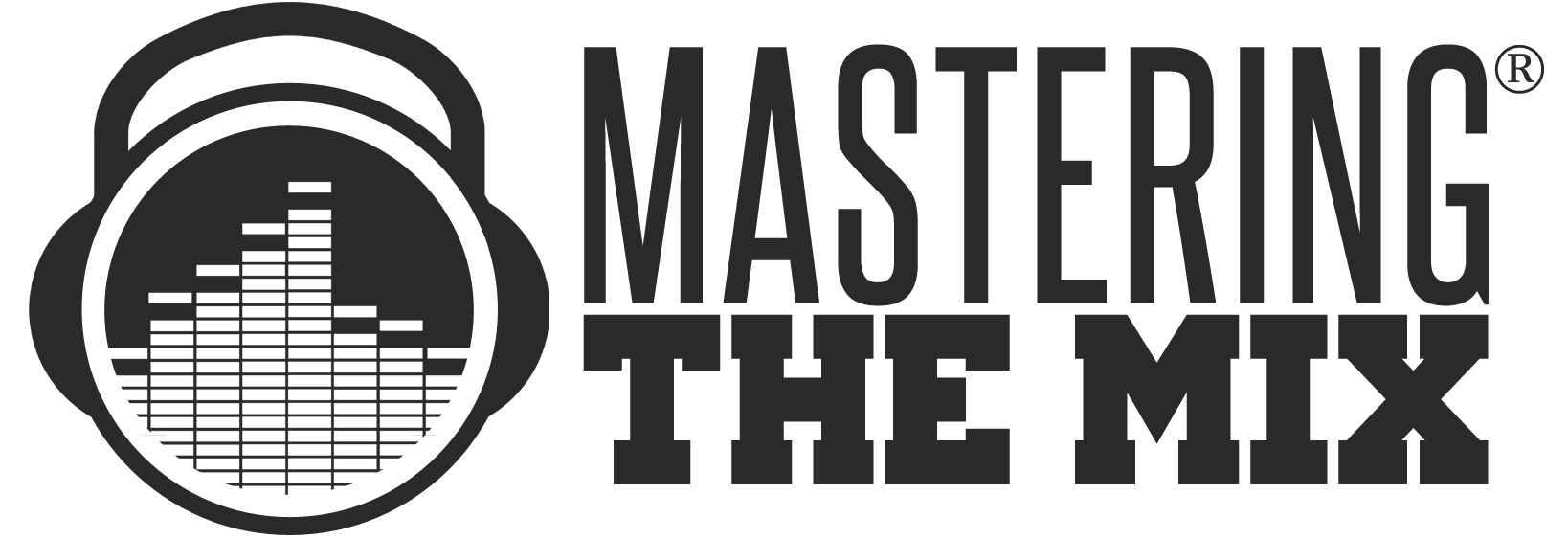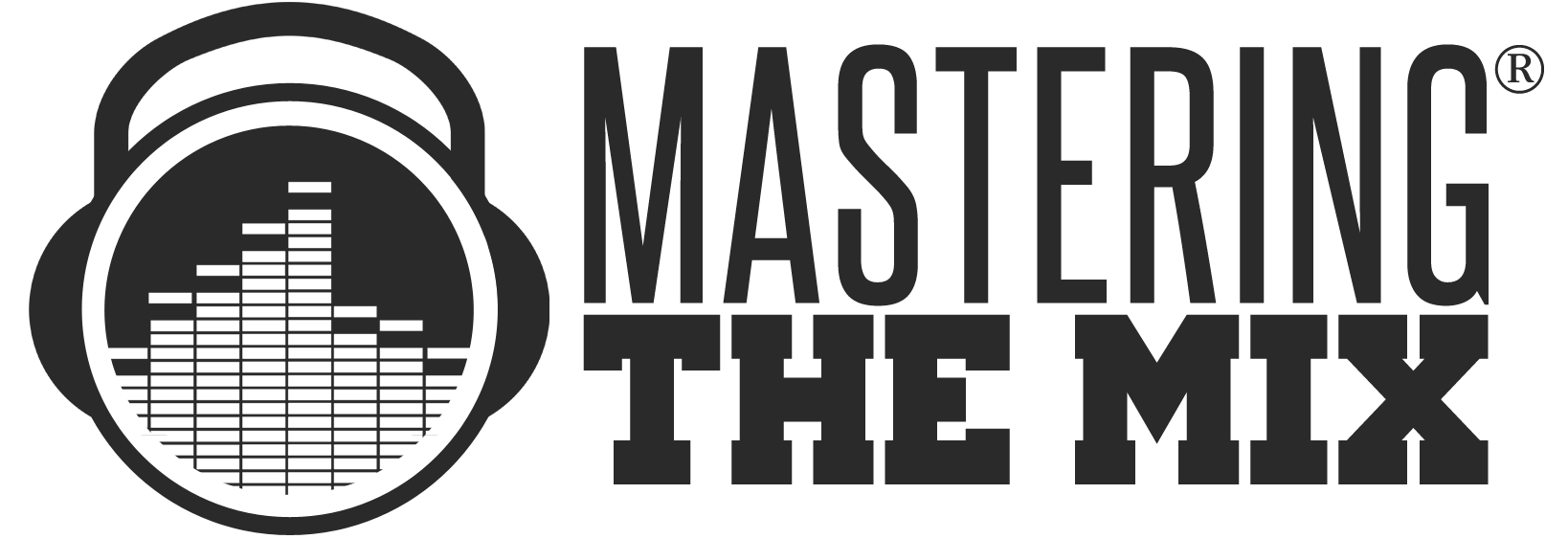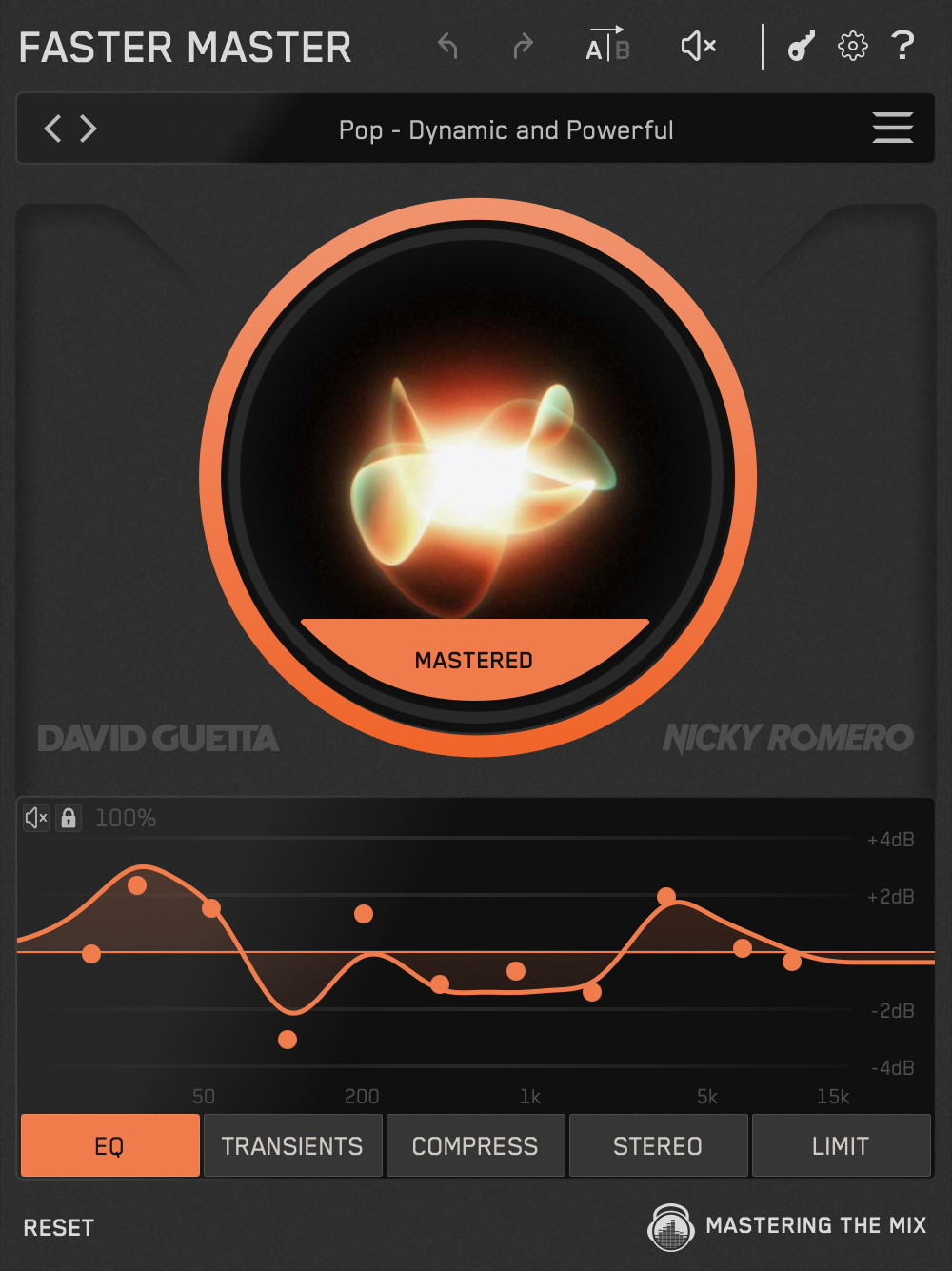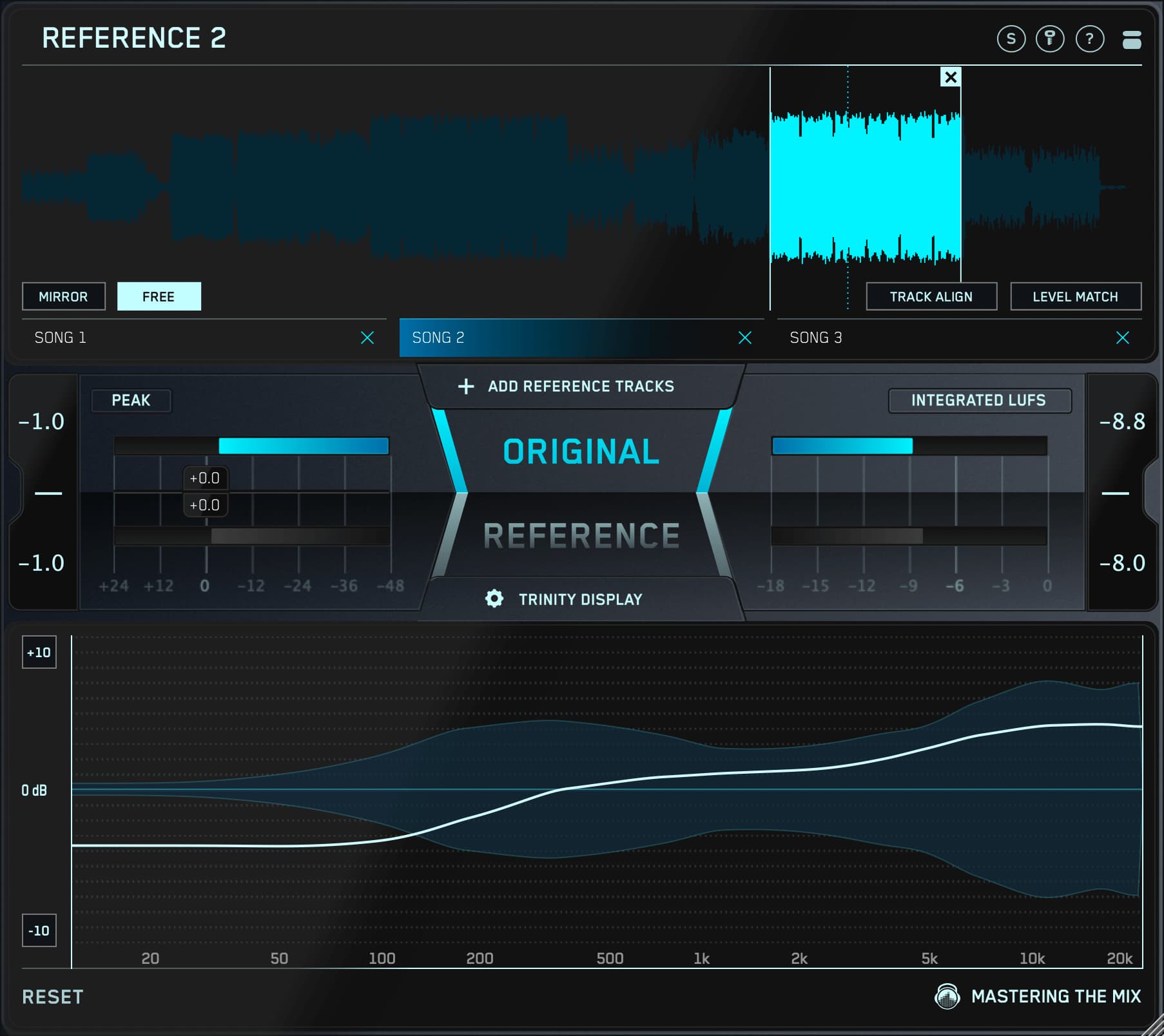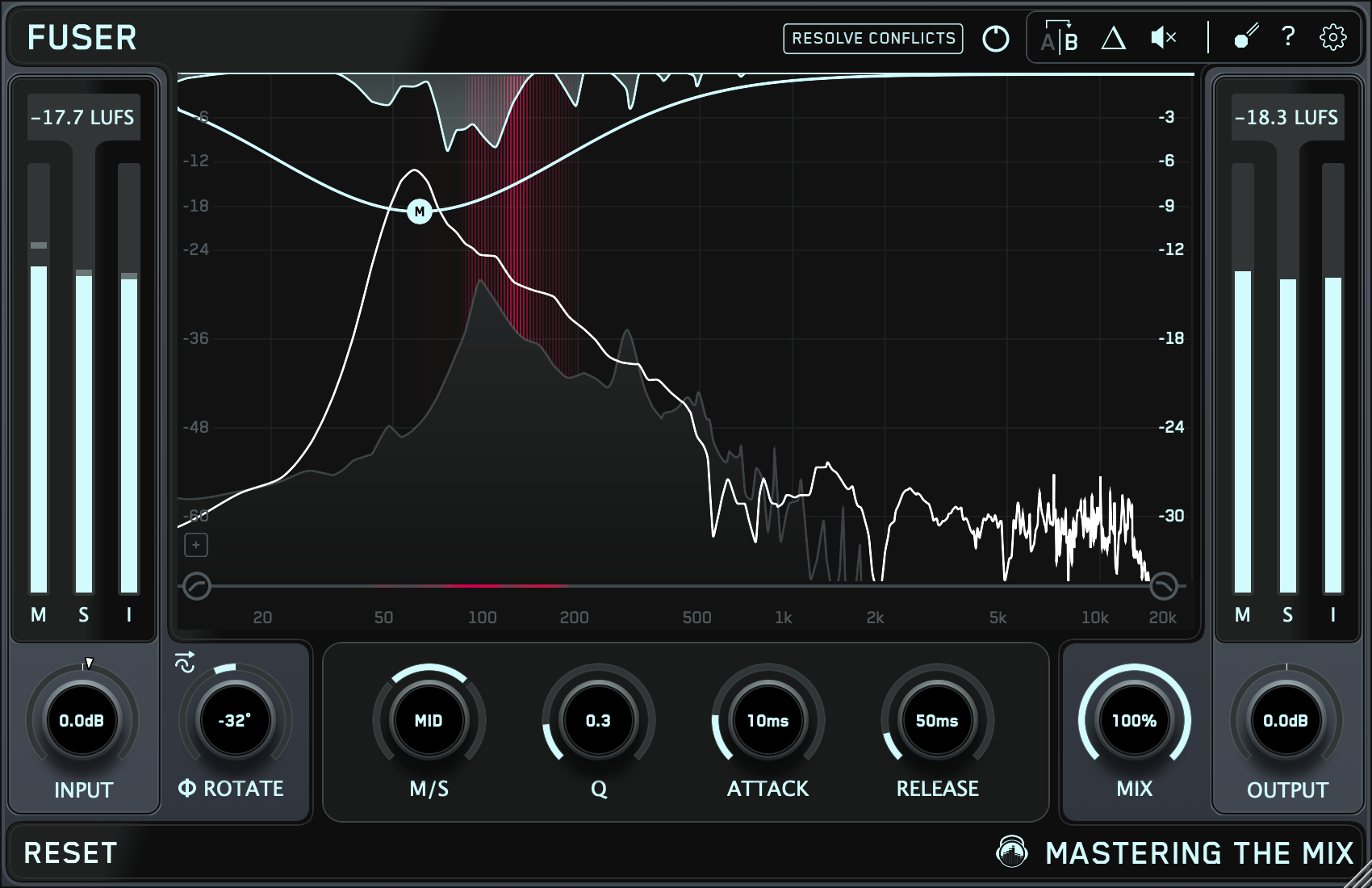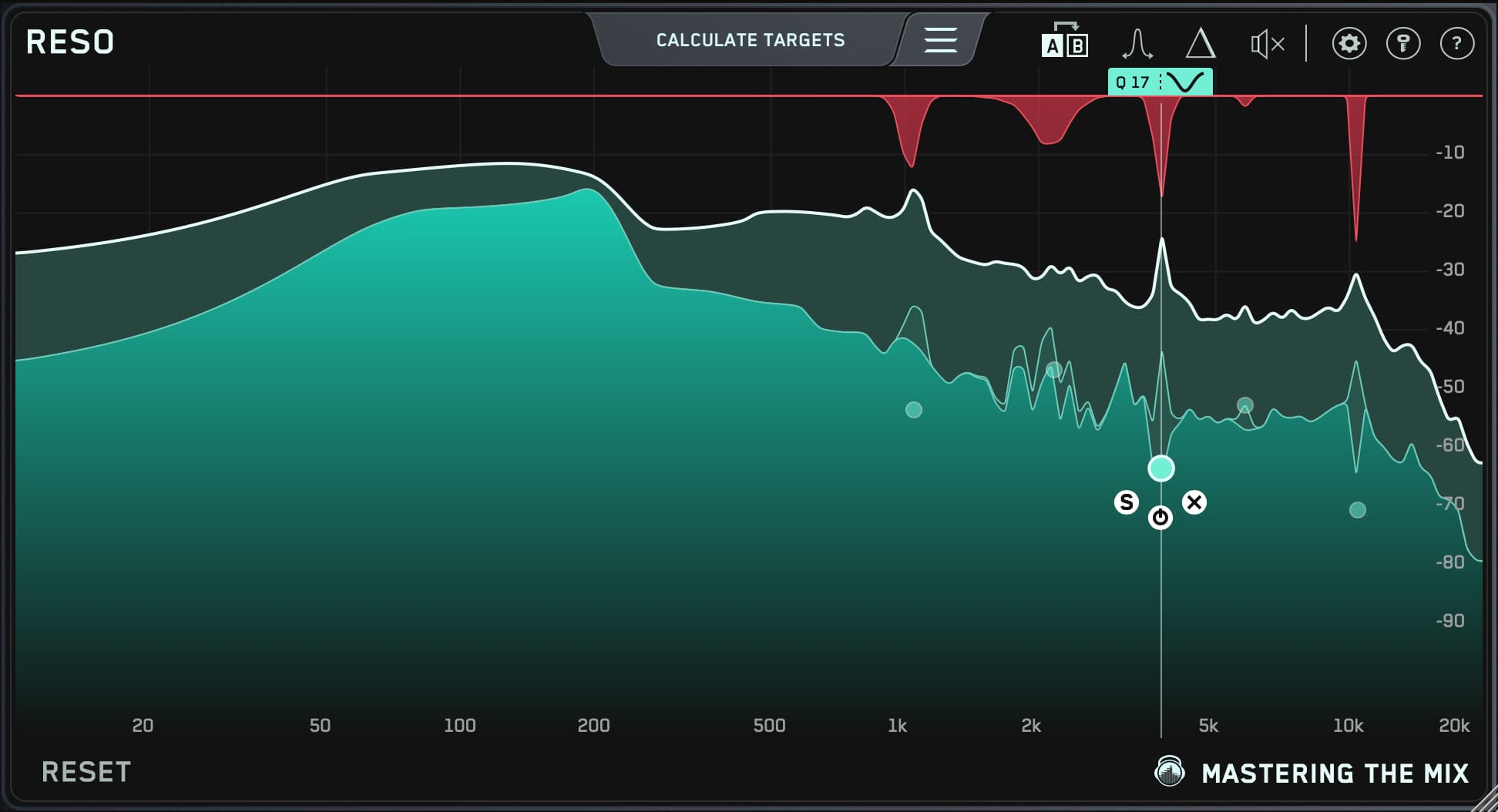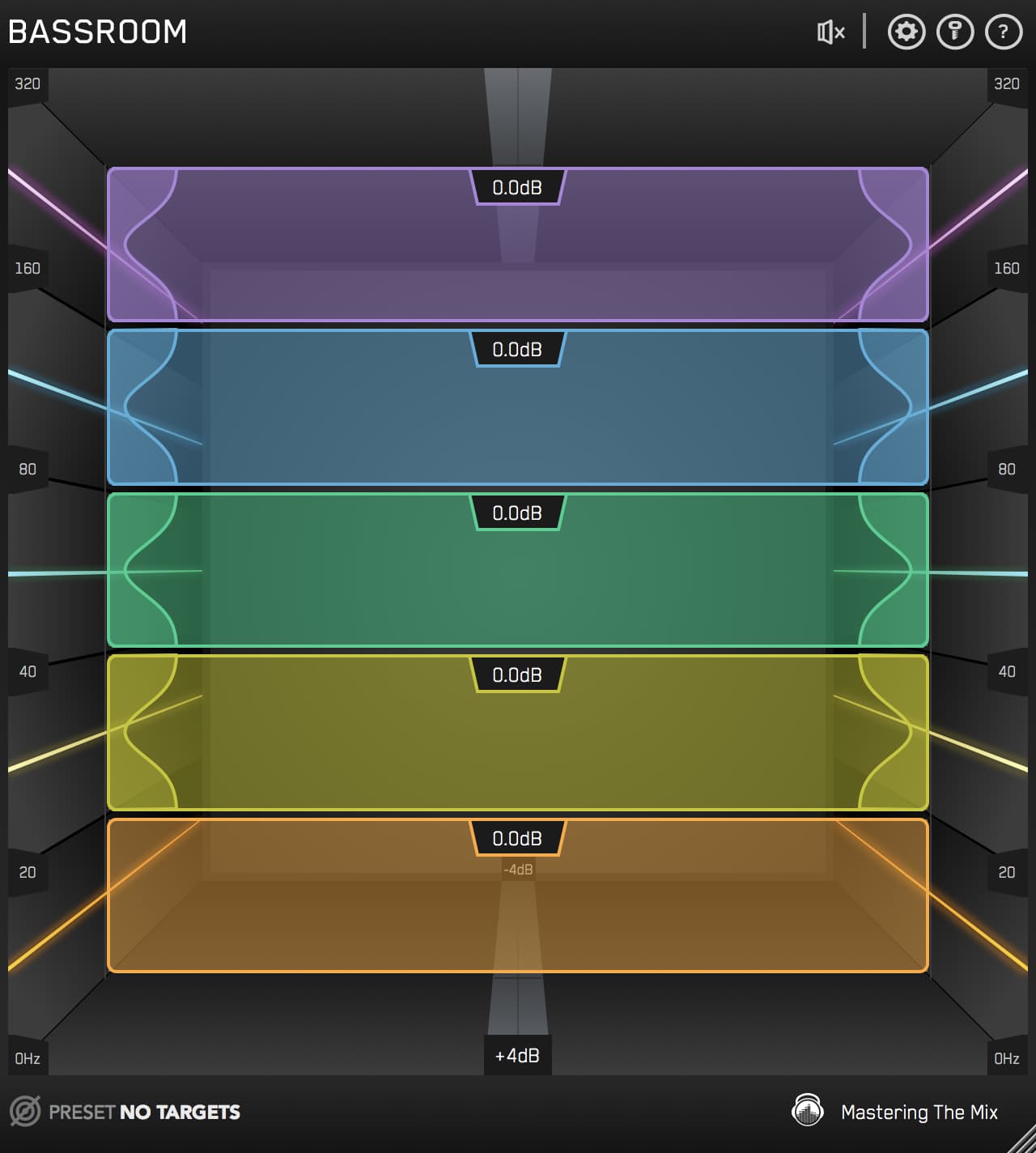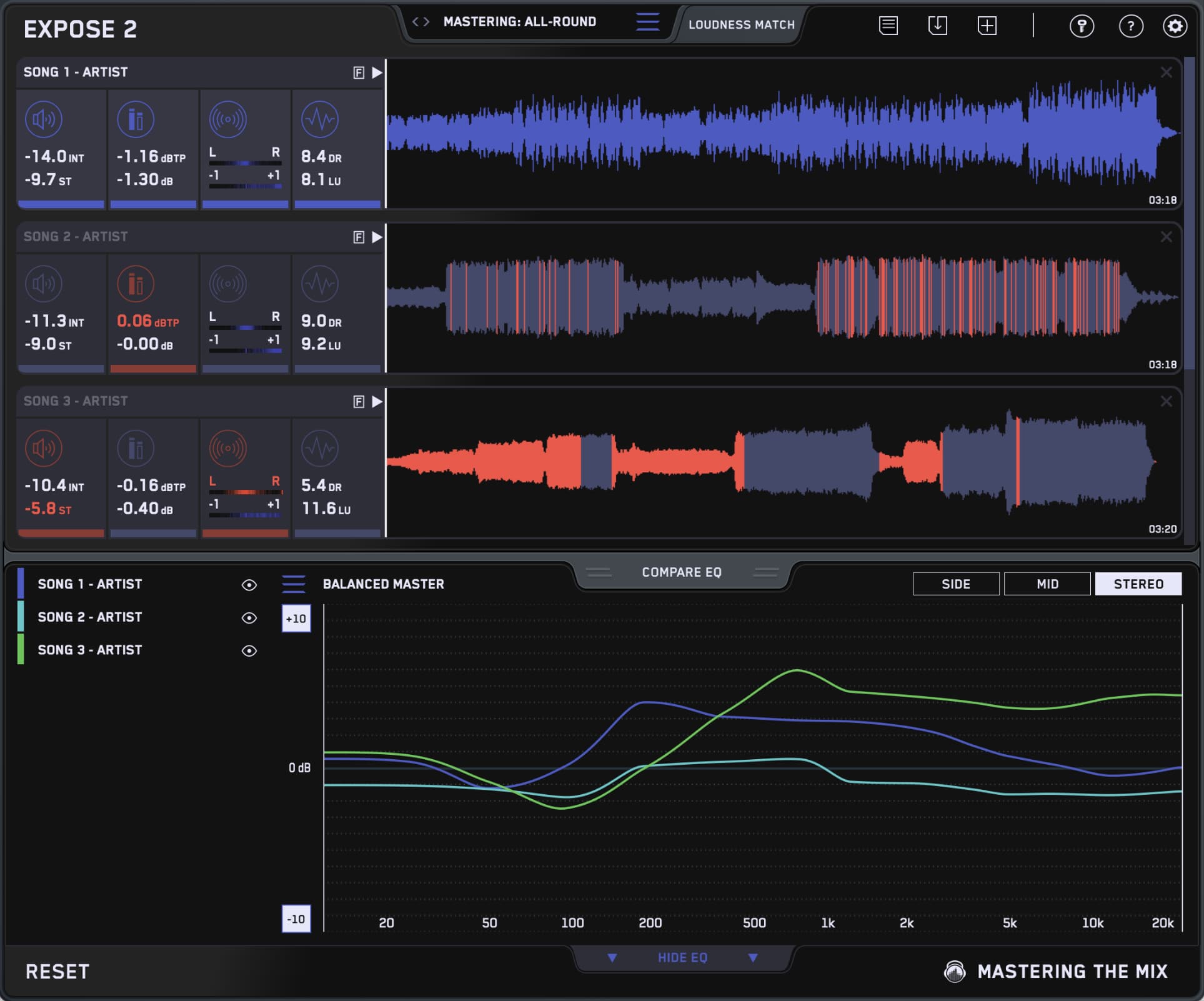How long does it take you to mix and master a song? A day? An hour? A week? If you're worried that it takes you too long to mix or master a track, you've come to the right place. In this blog, you'll learn how long it takes the pros to mix and master, how long it should take you when you're first starting out, and how to start making better mixes and masters faster.

The Project Management Triangle
OK, I know that sounds like the title of a PowerPoint presentation you might be forced to sit through at some corporate retreat, but the Project Management Triangle shows that there's a direct link between the quality of your work and the amount of time you have to do it. In fact, you're probably already using it now to help you prioritize your projects.
According to the Project Management Triangle, the overall quality of a project is directly related to its budget, deadlines and scope. It's commonly shortened to this simple phrase:
Good. Fast. Cheap. Choose two.
If you want a mix to sound good, it's going to take time. Forcing yourself to work a faster pace than you're comfortable will almost always result in a lower quality product.
However, faster is always better—assuming the quality is the same. Working fast allows you to take on more projects in the same amount of time. Plus, you don't have to charge the client as much, which makes them happy.
But you should (almost) never sacrifice the quality of your work just to get it done quickly. Even in situations when you're up against a deadline, it's always better to take the time to make sure your work sounds as good as it possibly can.
Think of it this way: say you get a call from one of your favorite producers, asking you to mix a song for one of your favorite artists. But here's the catch—they need the final mix by the end of the day. What do you do? Obviously, this is a big opportunity for you and could mean a lot for your career. But, if you're not able to deliver a quality product within the time frame, they're not going to call you back next time.
Is it worth it to mix a track for an artist you love if it comes out sounding like trash? No one is going to listen to your mix in the future and say "I know it sounds like garbage, but they only had four hours to mix it!" The listener either likes it, or they don't. And I would rather spend two weeks working on the best mix of my life for an artist that no one has heard of, than spending an afternoon making a crappy mix for an artist that everyone likes.
Having said that, if you're spending a week or more (let’s call a week 7 hours broken up across different days) on most of your mixes, you're probably doing something wrong. If you're early in your career, you may still be learning the ropes. In that case, it's more common to spend a week or more mixing (and remixing, and remixing...) a song, as you're still trying to figure out how things work.
It takes time to train your ears and develop a system that helps you streamline your workflow. However, just be sure you're not charging clients hourly at this point in your career. You should learn on your own time, not on the clock!
The goal is to get to a point where you can quickly identify problems in a mix and execute solutions. Once you start developing systems for these issues, you stop second guessing yourself, and you're able to complete a mix without trying seven different techniques to get the sound you want.
That's why it's important to have an idea of how long it should take you to mix and master a song before you provide a quote or agree to take on a project.

How Long Should It Take You To Mix A Track?
Honestly, it doesn't really matter. The only thing the listener cares about is whether or not they like the song. The amount of time you spend in the studio is not an indicator of how good or bad your mix will be.
Especially when you're first starting out, it's not uncommon to spend a whole night mixing a song and experimenting with new techniques, only to discover you hate the mix the next morning and need to start over from scratch. Over time, you'll develop a system for mixing to streamline your workflow. Just because you're able to bang out a mix in under an hour doesn't mean it sounds better (or worse) than a mix that took you 8 hours.
When you're first starting out, a common goal is to complete one mix (from start to finish) in a day. It's OK if you want to come back the next morning and listen with fresh ears before sending the final bounce off to the client, but you shouldn't be spending an hour or two every day reworking old mixes.
As you continue to grow and refine your skills, try to increase your output to two mixes per day. Many professional mixers use this same approach—one mix before lunch, a short break to clear your head and rebalance your ears, and another mix before closing up shop for the day.
If you're thinking about your current mixing habits and freaking out a little bit right now—don't panic. Most people are not able to complete a mix in four hours when they're first starting out. It takes time, patience and practice to get to that point.

How Long Should It Take You To Master A Track?
Generally speaking, mastering is much less complicated than mixing. In the mixing stage, it's not uncommon to deal with 50 or even 100 or more tracks, but mastering typically uses a simple two-track stereo bounce, which seriously limits your ability to shape the sound.
The amount of time it takes to master a song can vary greatly, but it's common for pros to spend anywhere from 30 to 90 minutes mastering a single track. Sure, there are pros out there who can crank out great masters in 5 or 10 minutes, but most of us will need a little more time. Especially when you're first starting out, it's common to spend a little longer on each track.
When working on the first track of a new project or working with a new artist for the first time, it's common to spend a little more time mastering so you can develop a style or template that you can apply to other tracks. Should the kick or bass take up the low-end? How much high-end should there be? Once you make some of these key decisions, you can use the same approach on future songs.
For instance, say you're mastering an album for an artist. The first song might take 90 minutes, but the second and third songs might only take an hour, and the last song might only take 10 minutes. In many cases, you can use the same plug-ins and even the same settings as a starting point, saving you tons of time.

Tips for Mixing and Mastering Faster
It's important to have a plan in place when starting a mix. If you just press play and start looking for problems to solve, you'll end up chasing your tail. Instead, create a simple checklist to look for and correct common issues.
First, try listening to a few reference mixes to get an idea of how you want your track to sound. With REFERENCE, you can easily compare your tracks to other mixes to make sure you're in the right ballpark. Drag and drop a few of your favorite tracks into the Transport Window, engage the Level Match feature, and toggle back and forth between your mix and the references. Listen closely and take notes on what you need to change.
After checking out some reference mixes, start by dialing in a rough balance. Make sure each instrument can be heard clearly by panning tracks to different parts of the stereo spectrum and adjusting the levels as needed.
Next, listen closely for technical issues including clipping or peaking, distortion, rough fades, phase problems, clicking/popping and artifacts of any kind. LEVELS makes it easy to spot technical issues in your mix with big meters that flash red when something is wrong and provide detailed info on how to solve the problem. (We’ve got a complete guide on Mastering With LEVELS to help you hit the ground running).
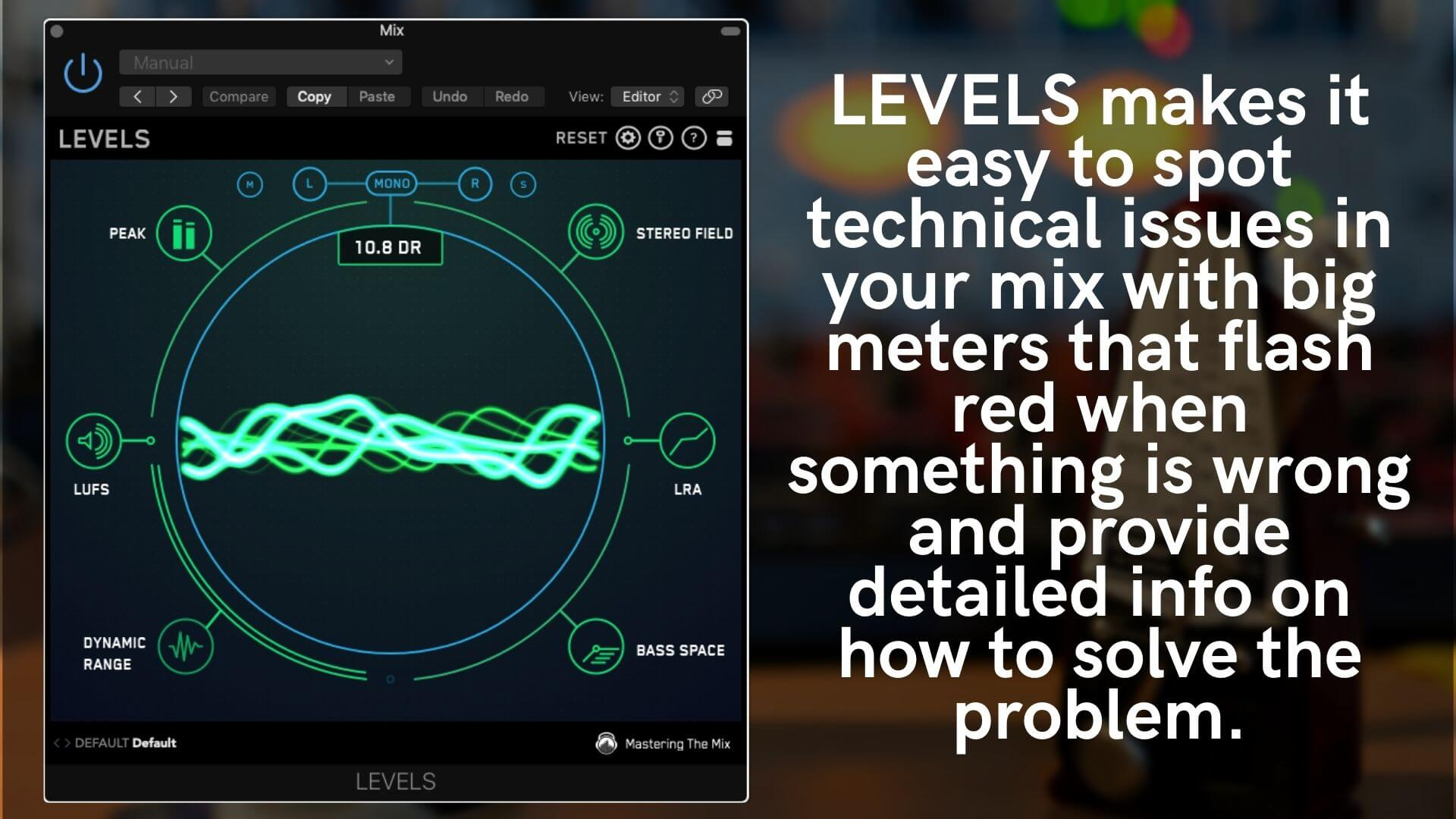
Once the prep work is complete, it's time to get down to business. Some engineers start with the first track in the session and simply move their way down the list until each track has been properly treated. However, oftentimes when using this method, we add signal processing to tracks that don't actually need it.
Especially early in your career, it's common to feel the urge to EQ and compress every track, but the truth is, that's a huge waste of time. Listen closely to each of the tracks in the mix and only make adjustments when needed. Start with subtractive EQ to remove any obvious problems. Pay special attention to the lows and low-mids, and use a parametric EQ to carve out any problem areas and clean up the mix.
Next, do the same with dynamics processing. Listen for any obvious issues like peaking or clipping, as well as more aesthetic problems like tracks that are too dynamic or over compressed. Use a peak limiter to keep tracks from clipping, and a de-esser to prevent sibilance in the high end (especially for vocals and cymbals).
Next, listen to the transients. Do they need to be enhanced with more attack? Or more controlled? Should you adjust the sustain? Use the attack and release controls on your compressor to shape the envelope sound as needed.
Once the dynamics are in check, use your favorite EQ to enhance tracks with additive equalization. This typically works best with analog-modeled EQs like the Neve 1073 or the SSL Channel Strip. Many engineers like adding a subtle bump in the lows and highs to enhance the sound of the mix.
After using EQ and compression to carve out pace in the mix for each instrument, it's time to glue it all back together. Time-based effects like reverb and delay are great for adding width, depth and glue to your mix. Listen closely to your reference mixes and try to recreate a similar space in your mix.
Last but not least, listen back to your mix on multiple systems to make sure everything translates accurately. Take detailed notes in each location and compare them. Personally, I like to sleep on the mix and listen back the next morning. It often gives me a new perspective and helps me zero in on problems I wasn't able to hear the day before.

Use this checklist during your next mixing session to streamline your workflow and help you create better mixes faster. If you notice a significant change in the amount of time it takes you to mix a track, you may even want to consider raising your rate! Check out our blog on How To Improve Your Online Studio Business for more info.
